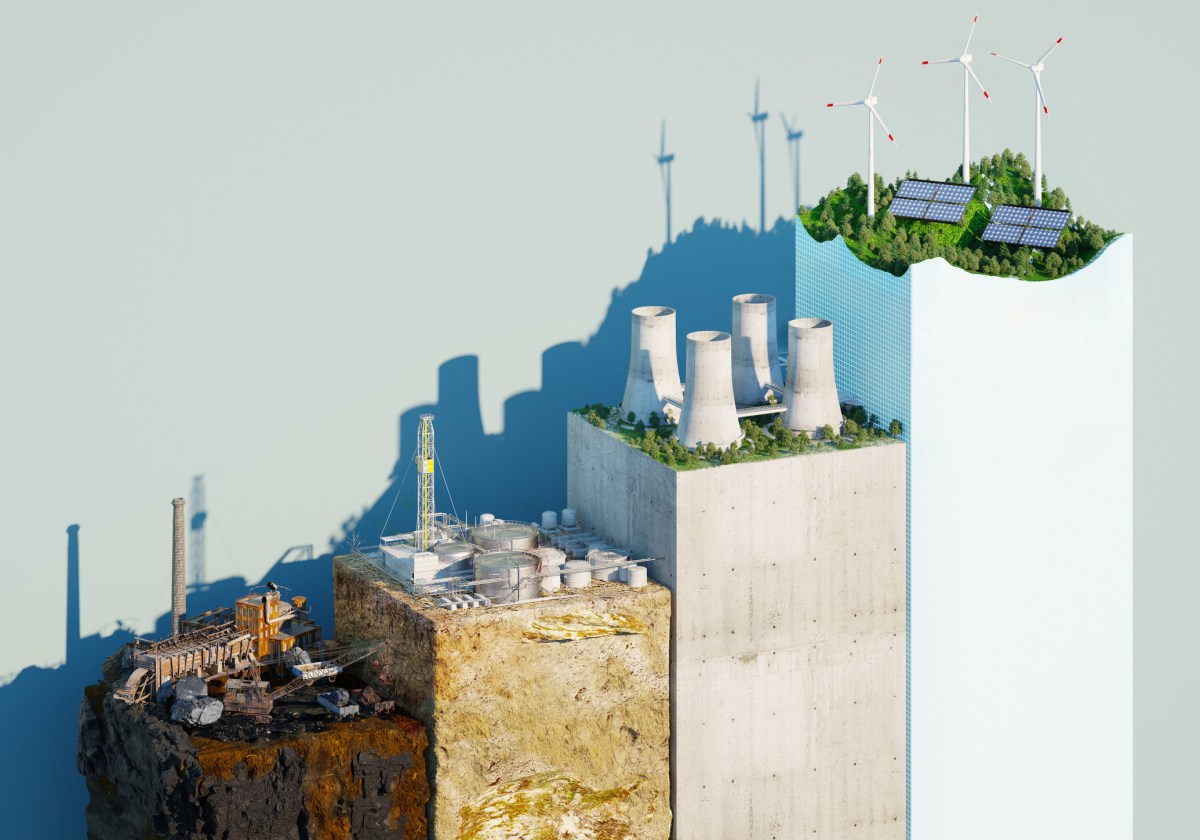Let’s get this out of the way: JPMorgan Chase doesn’t have the best reputation in the climate sector. Since the Paris Agreement was signed in 2016, the bank has financed more than $430 billion worth of fossil fuel projects, according to the most recent Banking on Climate Chaos report, far exceeding its peers. But there’s some evidence to suggest the bank is turning a corner. In 2021, JPMorgan said it would lend and underwrite $2.5 trillion by the end of the decade “to advance long-term solutions that address climate change and contribute to sustainable development.” Of that, it’s earmarking $1 trillion specifically for climate investments. Part of JPMorgan’s focus on sustainability is undoubtedly a reaction to changing political and consumer sentiment around the climate and the adverse impact on people. Just in the U.S., the past few years have seen people suffering unavoidable and unprecedented heat waves, with fires raging through towns and forests, not to mention the extreme floods and snow storms ravaging some areas. At first, ESG (environmental, social, governance) investing felt like a supplemental action at many investment firms. It is clear that can no longer be the case. In 2022, the bank hired Osei van Horne and Tanya Barnes to oversee its climate investments, and added Alex Bell to the team earlier this year. The team has been working to implement the bank’s ambitious plans, focusing on growth-stage investments. The bank has made two investments so far: it led a $42 million Series E in MineSense Technologies, which focuses on critical minerals, and a $200 million Series E in Arcadia, a renewable energy platform for consumers and businesses. JPMorgan’s stamp of approval shows that the sector is both one of the most urgent and most promising investment opportunities of this generation. So far this year, climate companies have raised $8.3 billion. In 2021, such companies raised $17.85 billion, and the total fell only slightly in 2022. All of these sums are substantially higher than what the sector received in 2019 — just $3.2 billion. “This is an extraordinarily large and attractive place to deploy capital,” van Horne, a managing partner at JPMorgan, told TechCrunch+. “It’s also a great opportunity for startup founders.”
Meta Data: {“keywords”:”JPMorgan, climate investments, sustainable development”}
Source link
